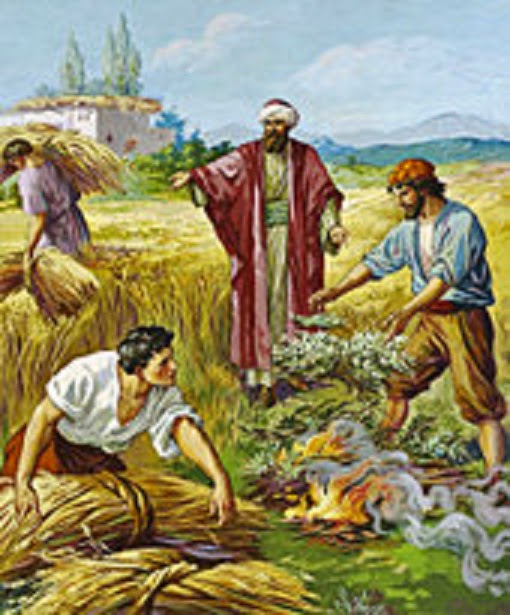Homily for the 17th Sunday in Ordinary Time, 2014, Year A

Fr. René J. Butler, M.S. Director, La Salette Shrine Enfield, NH ( Click here for today’s readings ) Put yourself in Solomon’s place. God says to you, “Ask something of me and I will give it to you.” What criteria would you use for your request? Solomon’s criteria were simple. He was King, he had to govern his people, but he was inexperienced. We commonly say he asked for wisdom; but his actual words were, “Give your servant, therefore, an understanding heart to judge your people and to distinguish right from wrong. ” His values are clear. Yes, his royal position is important, but his responsibilities are not merely administrative; and judging justly is a sacred trust. The highest value, however, is expressed with the words, “I serve you in the midst of the people whom you have chosen.” His service is to God first. And his governance is exercised not over just any nation, but over God’s chosen people. Using the language we find in today’s parables, we could say that Solom


